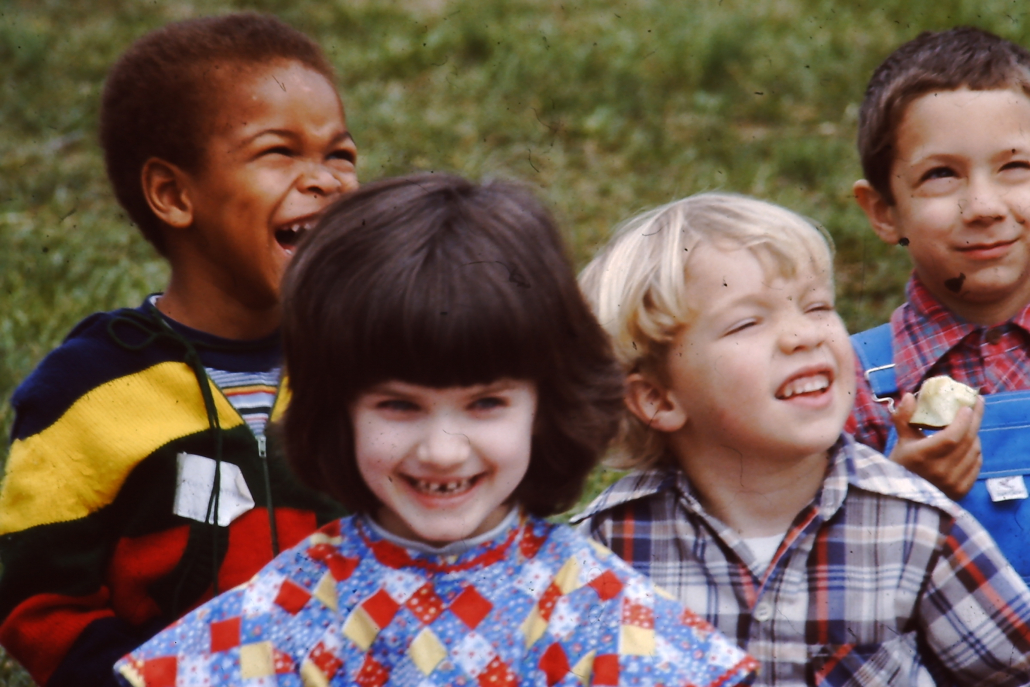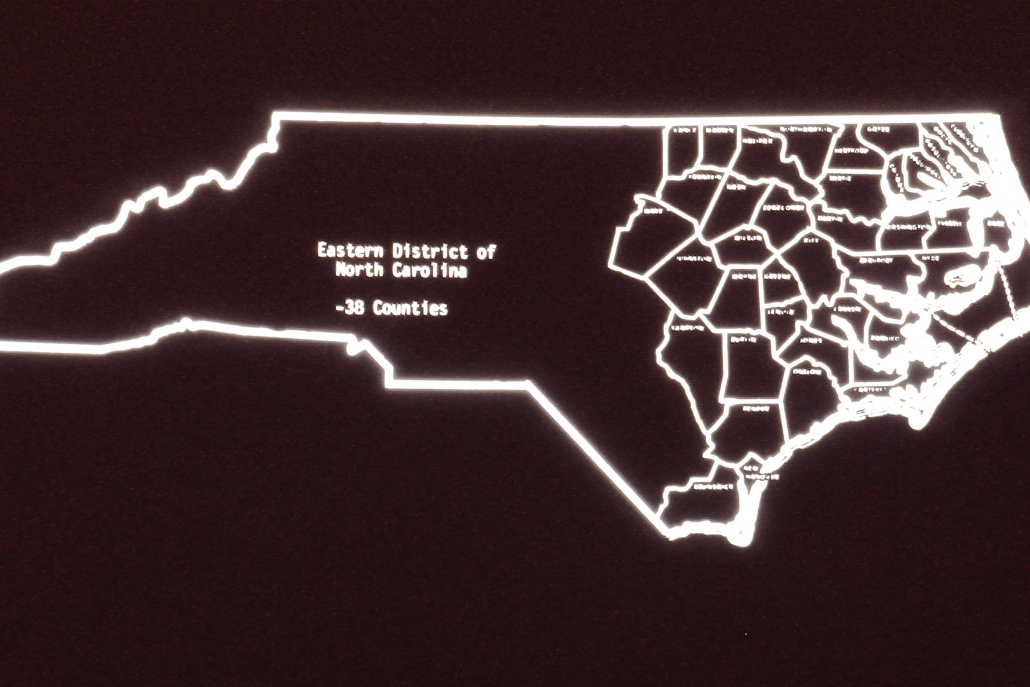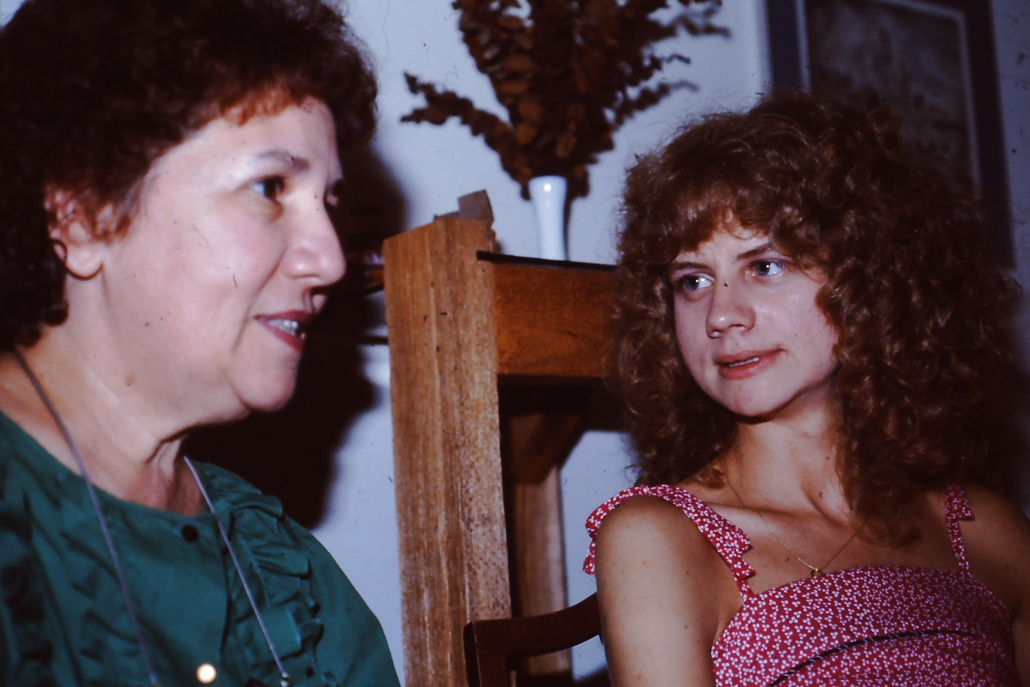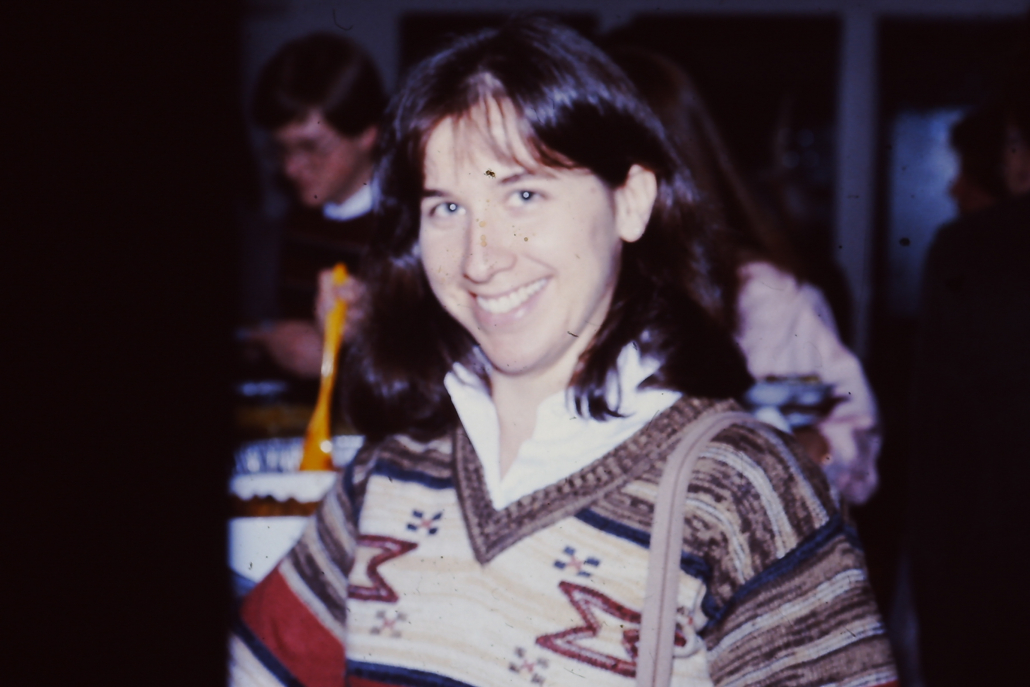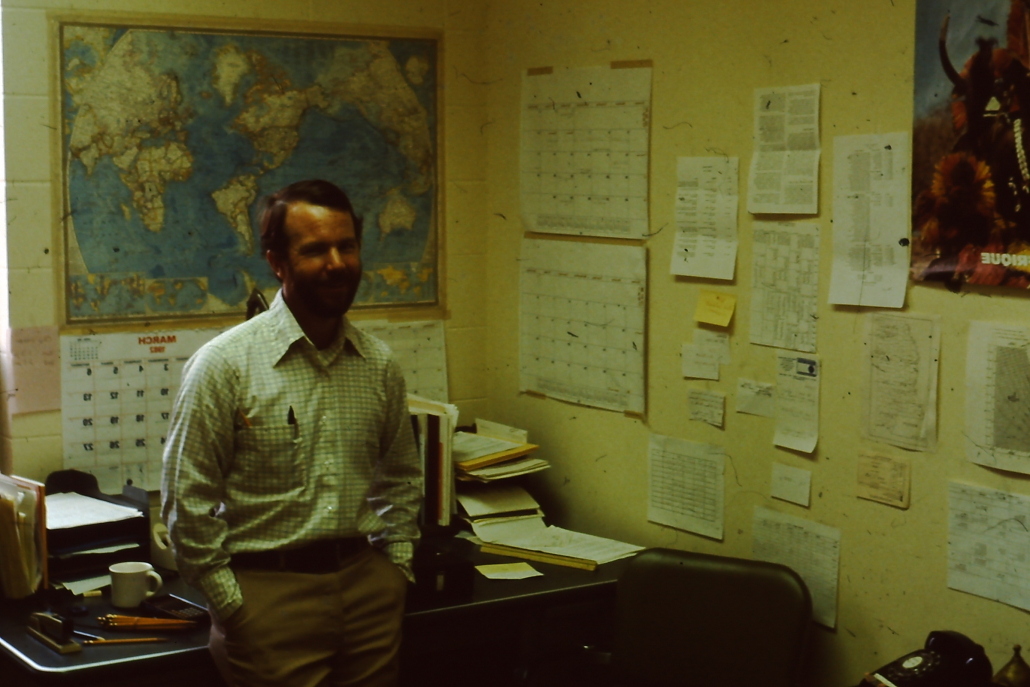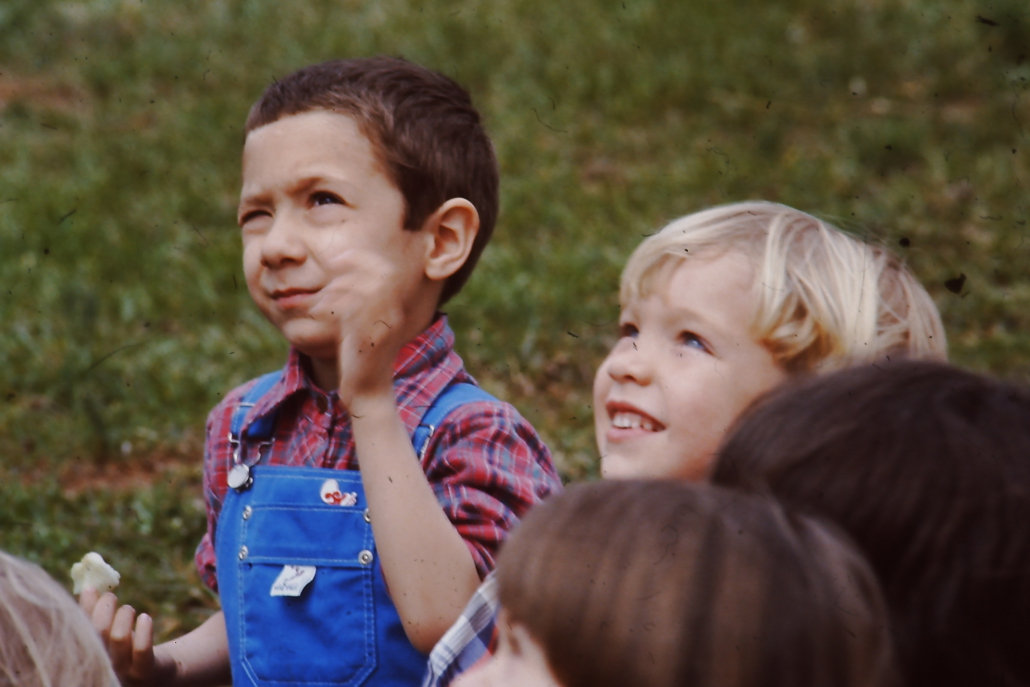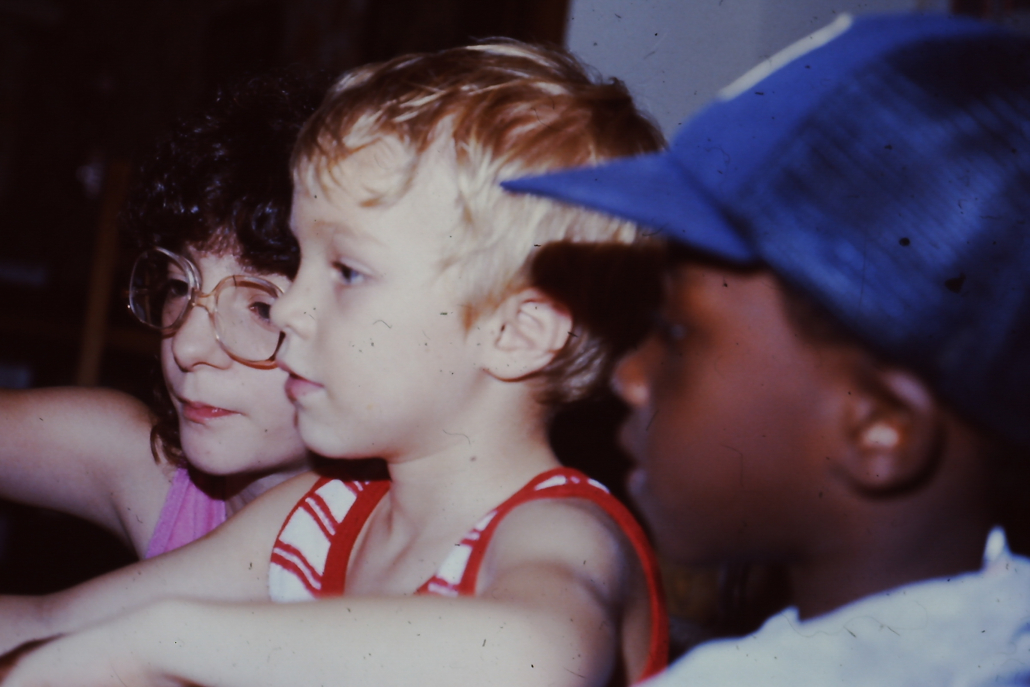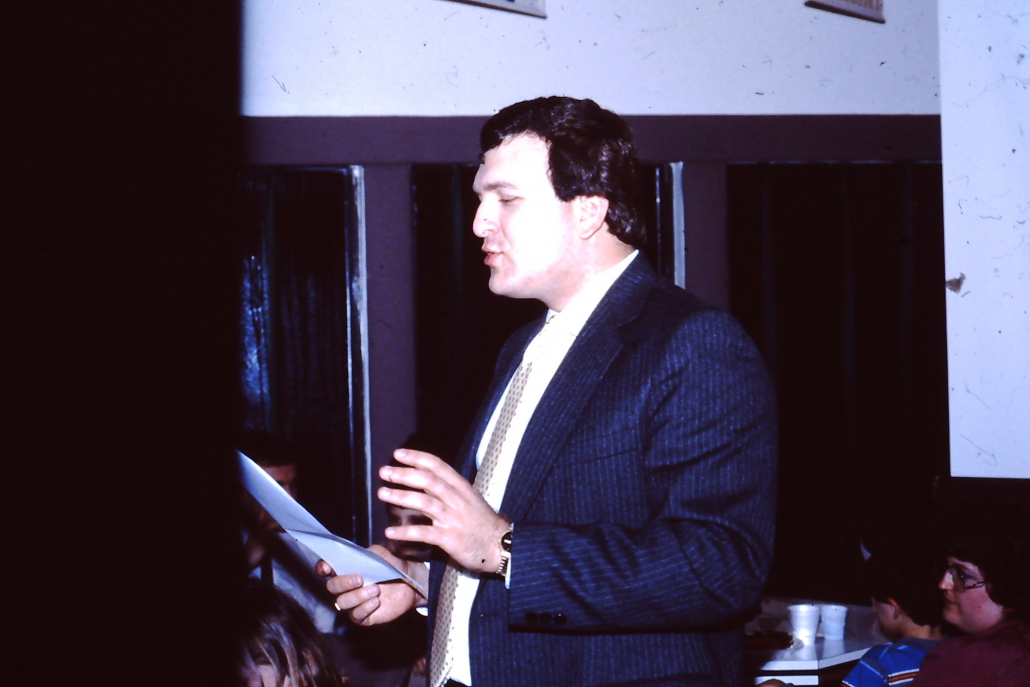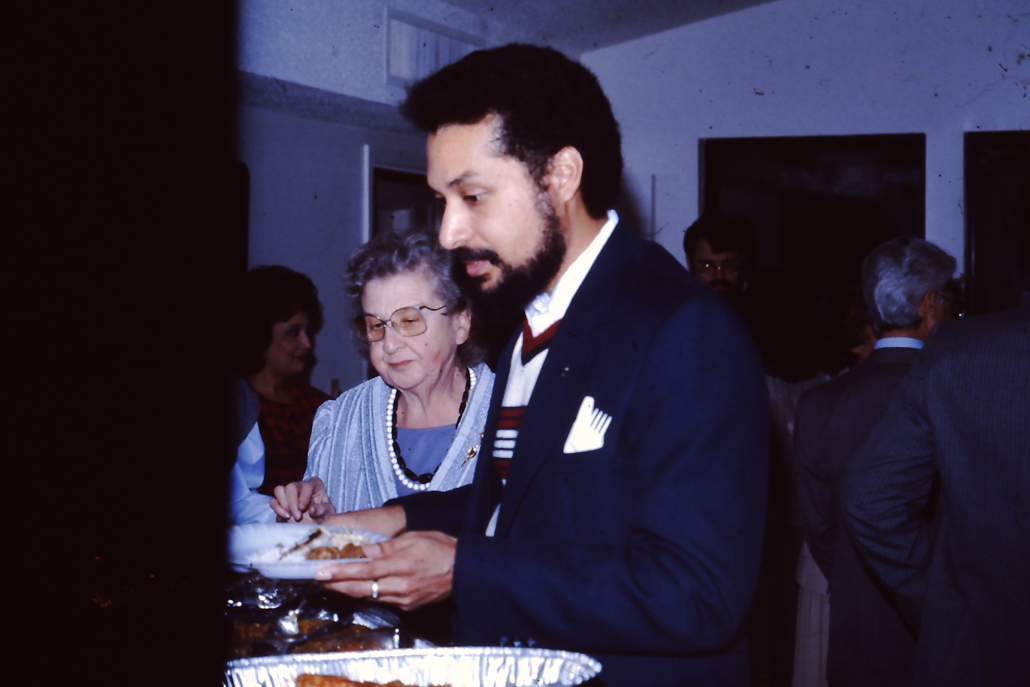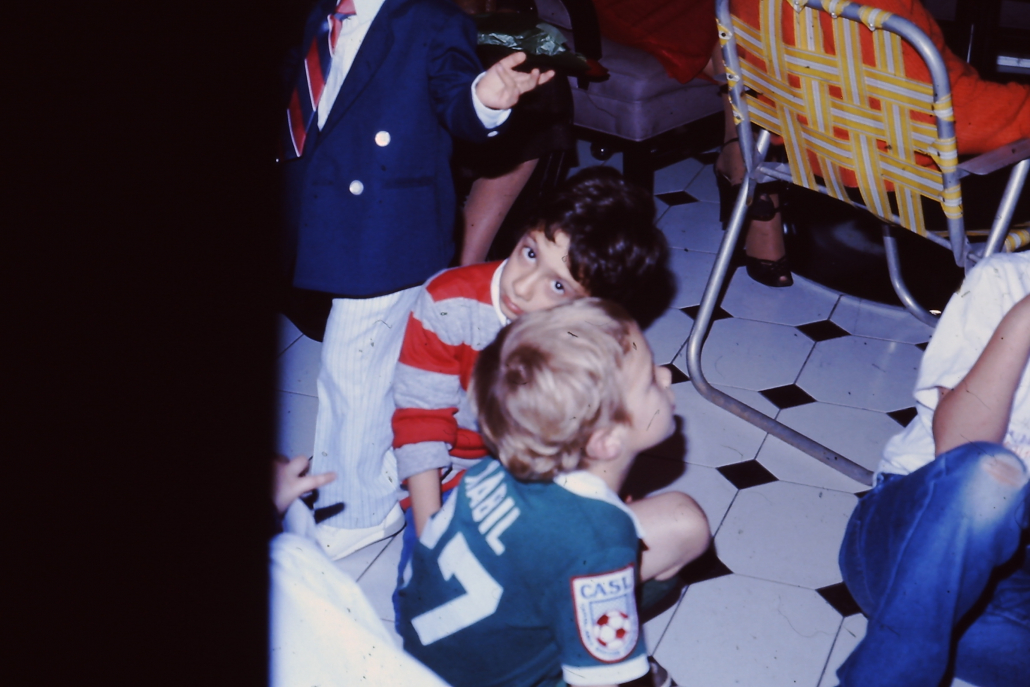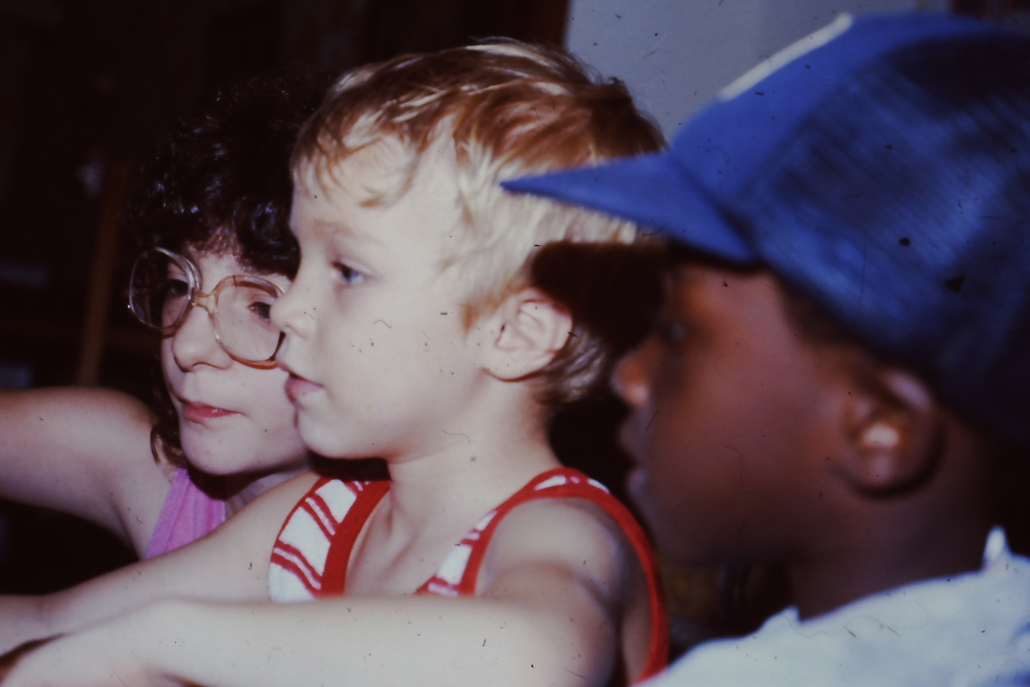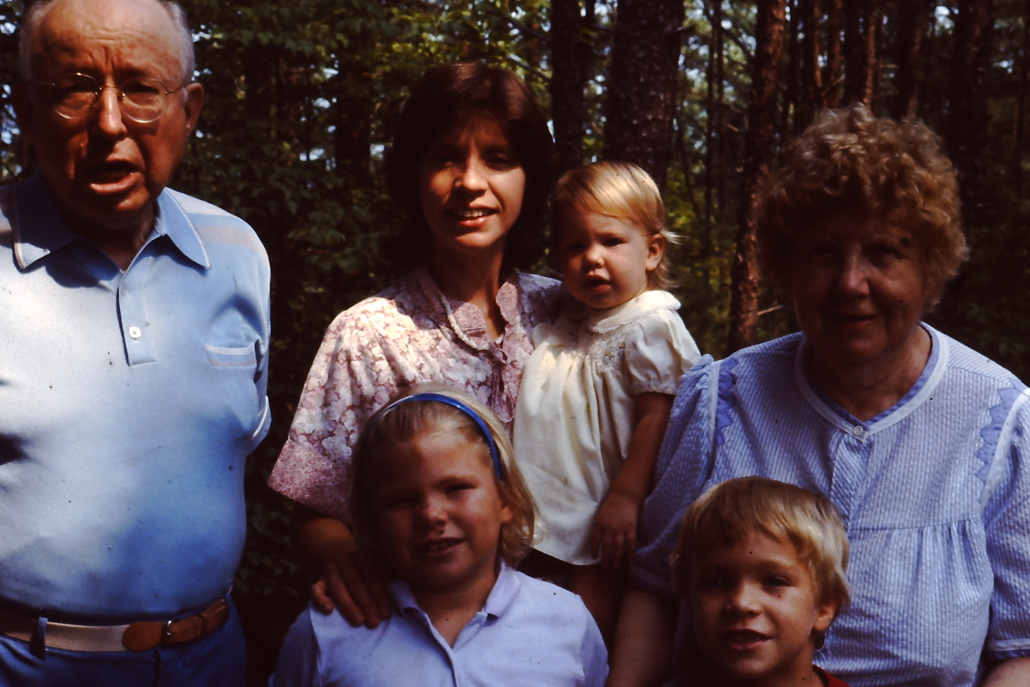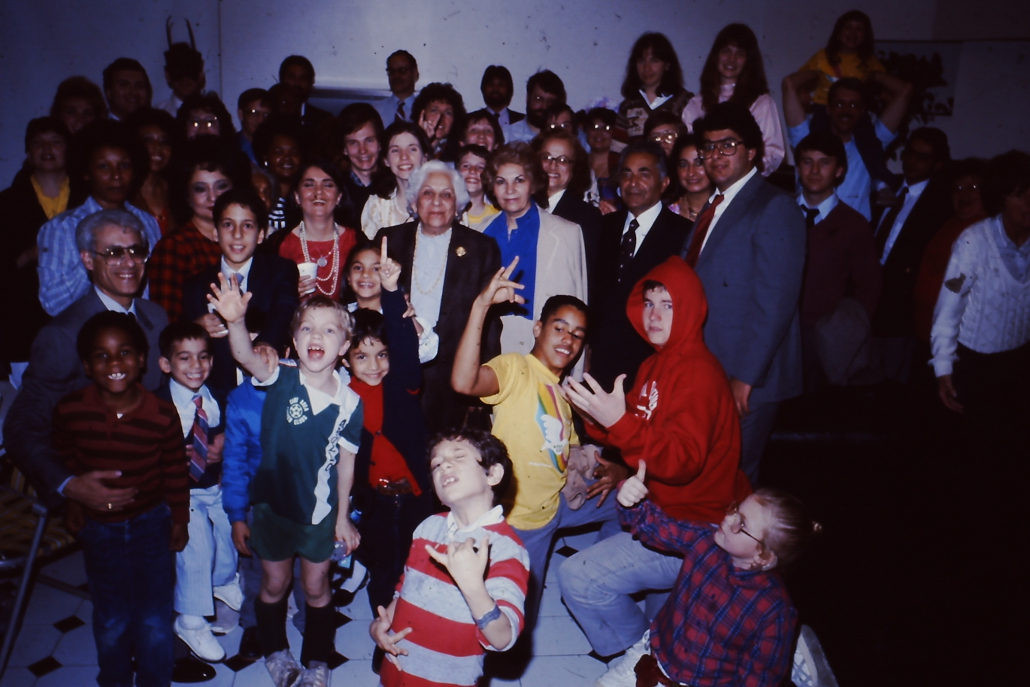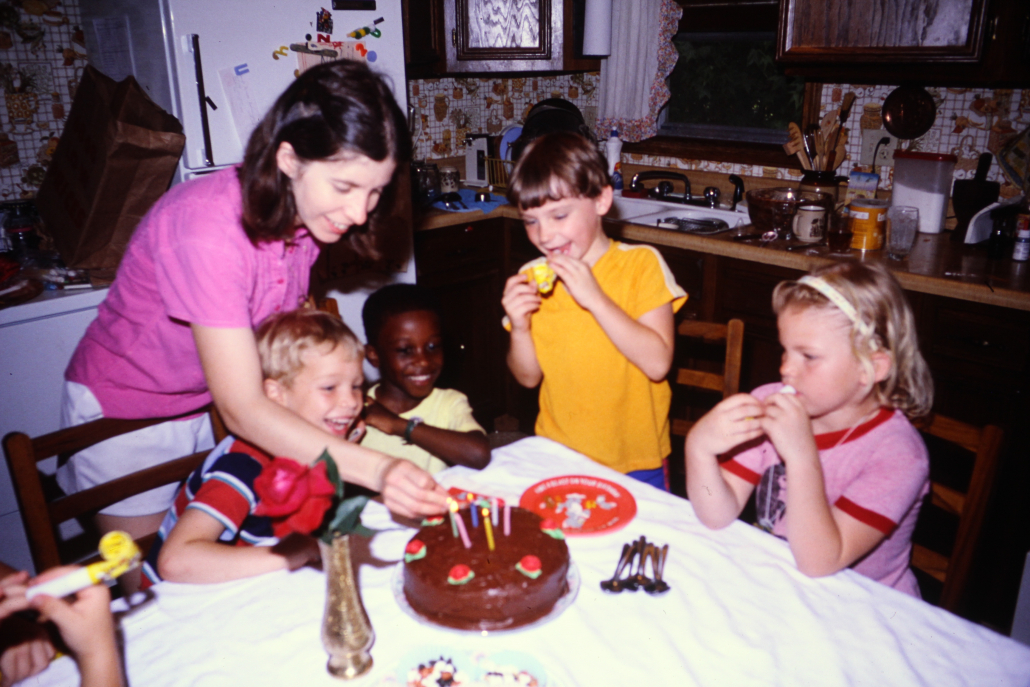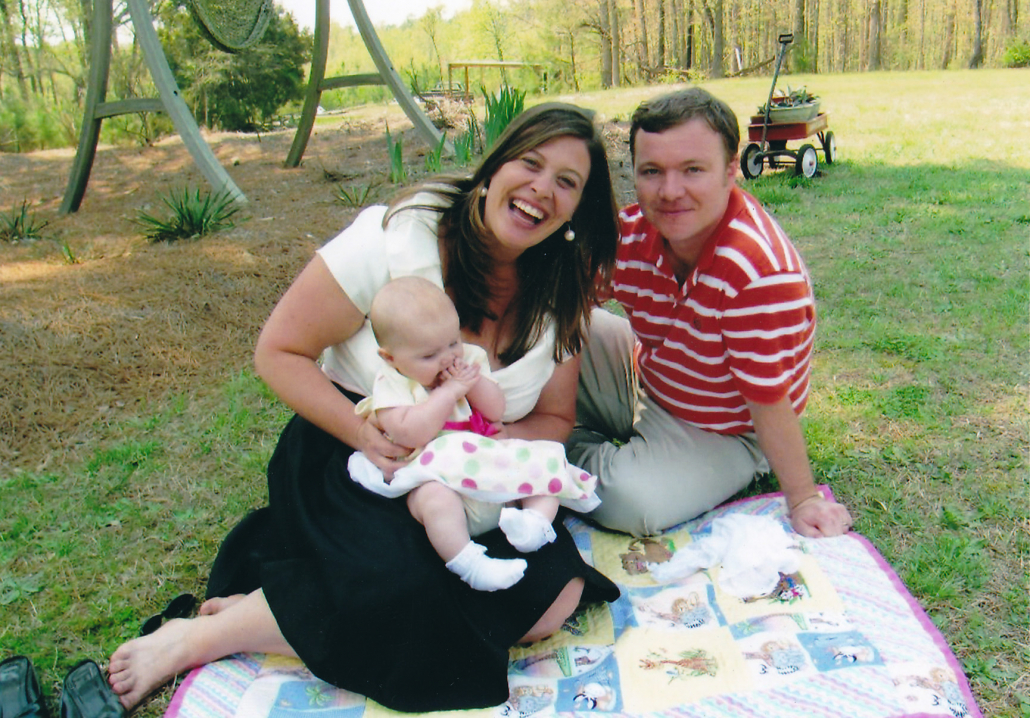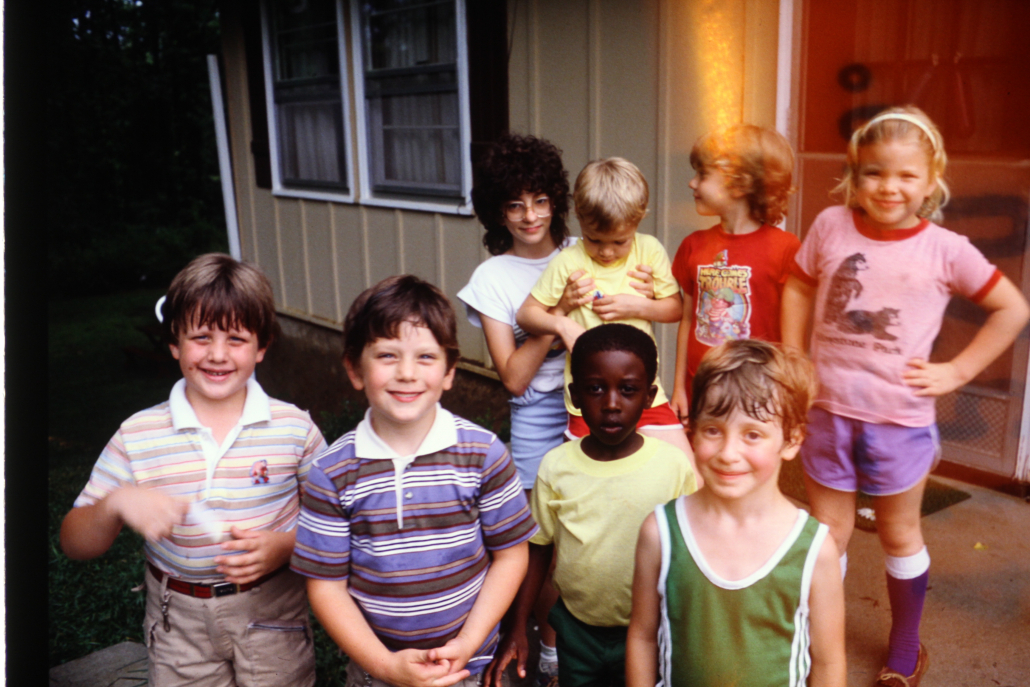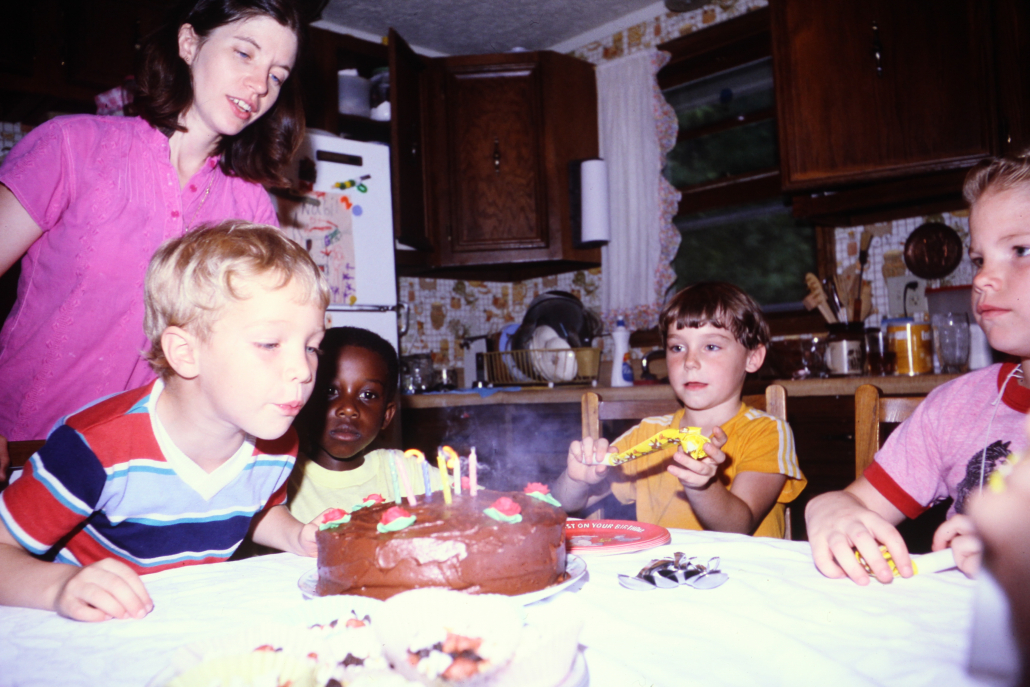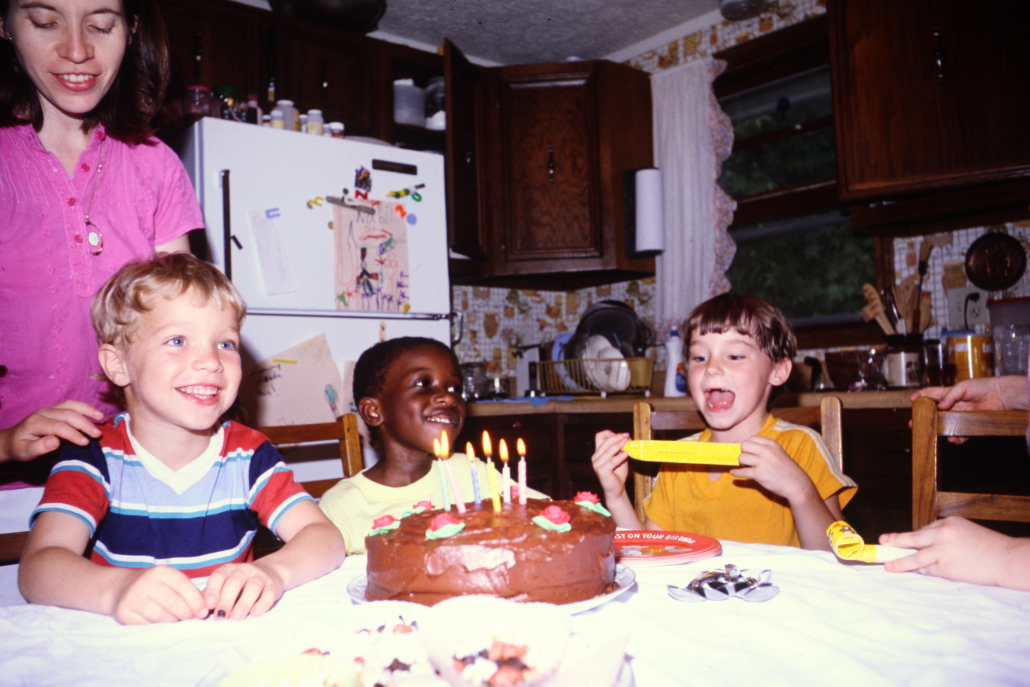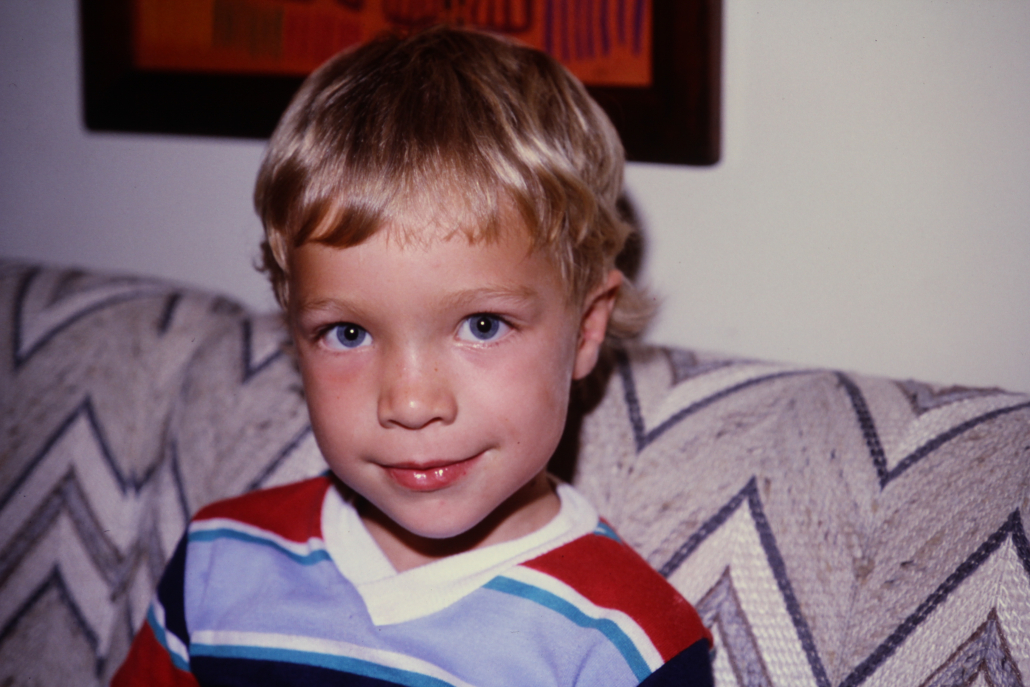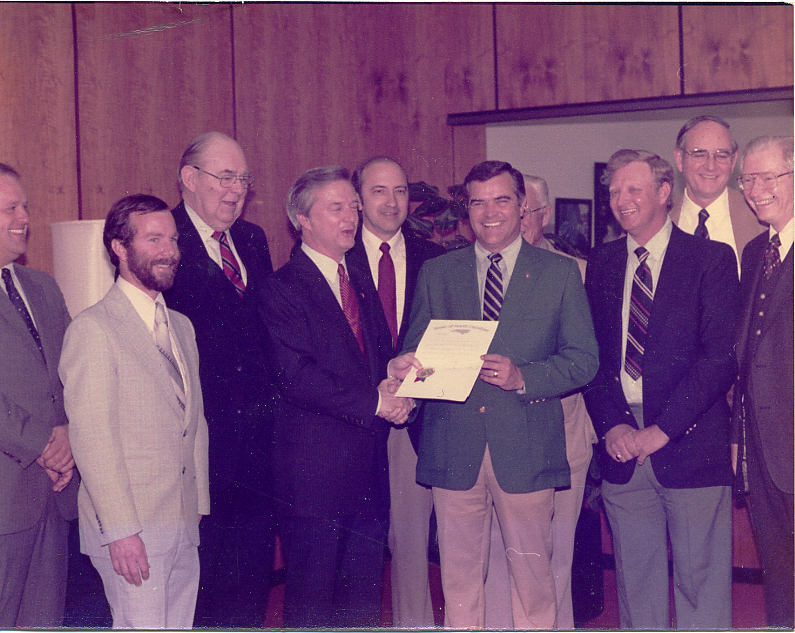Born in Africa, raised in Ivory Coast, Mississippi, North Carolina, Sri Lanka, Canada……. and then a divorce and the chain was broken
-
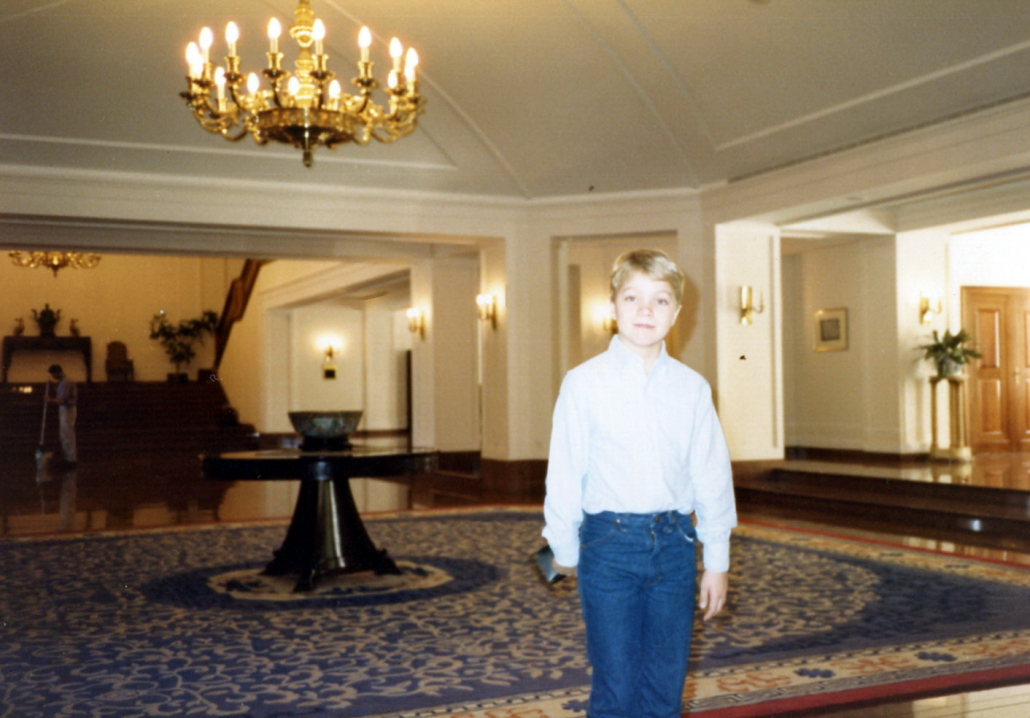
-
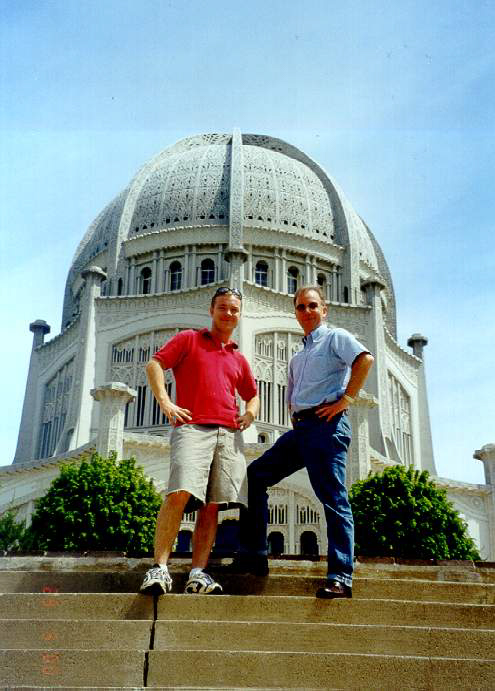
-

-

-
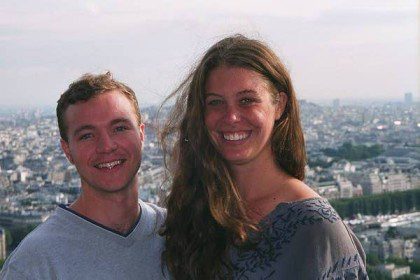
-

-
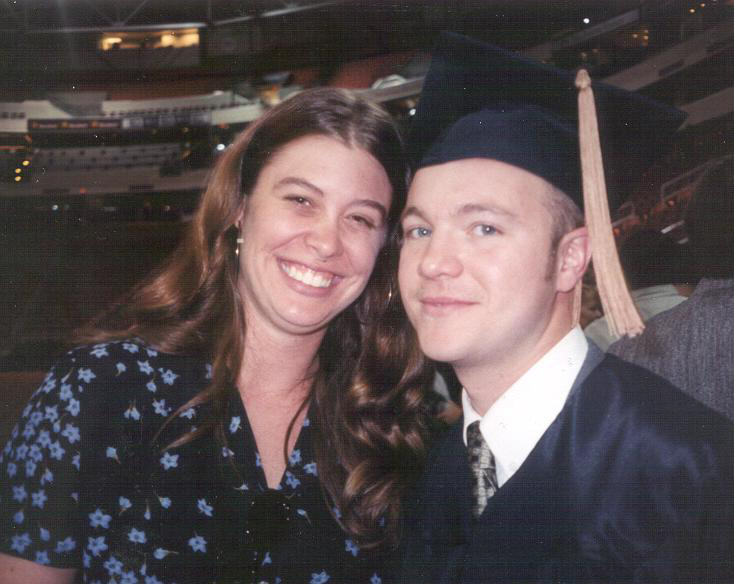
-
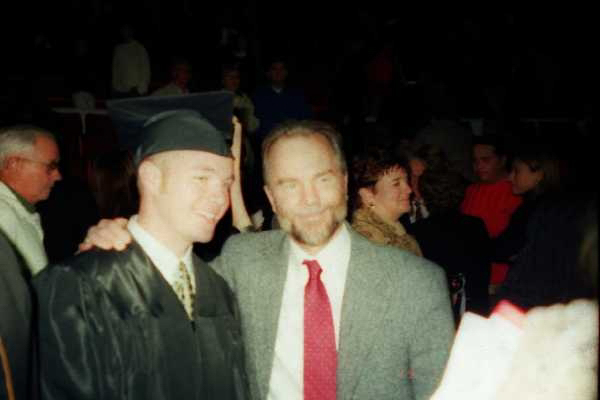
-
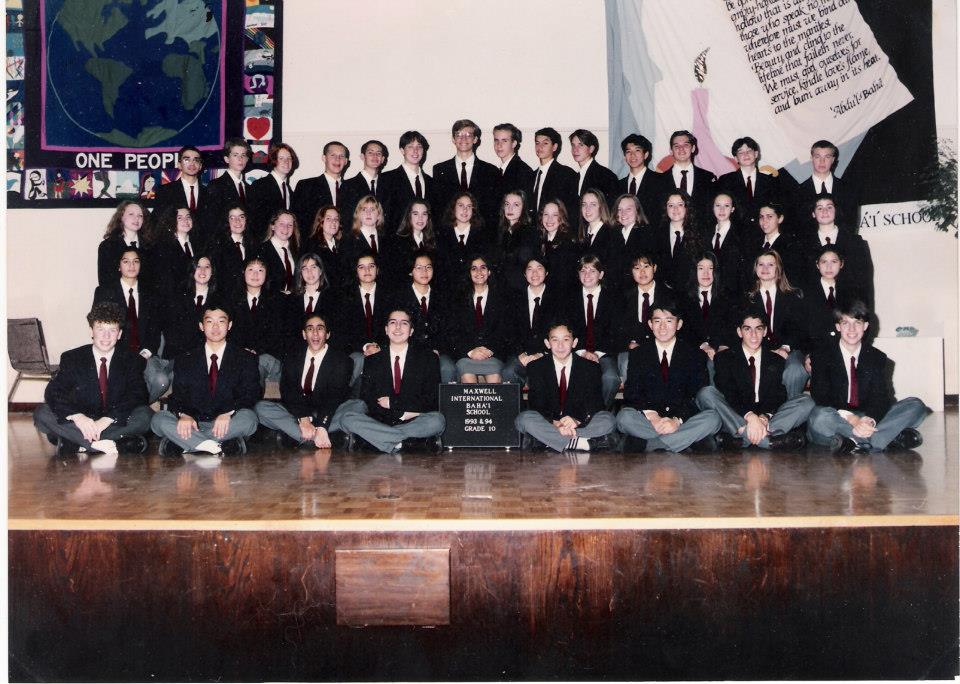
-
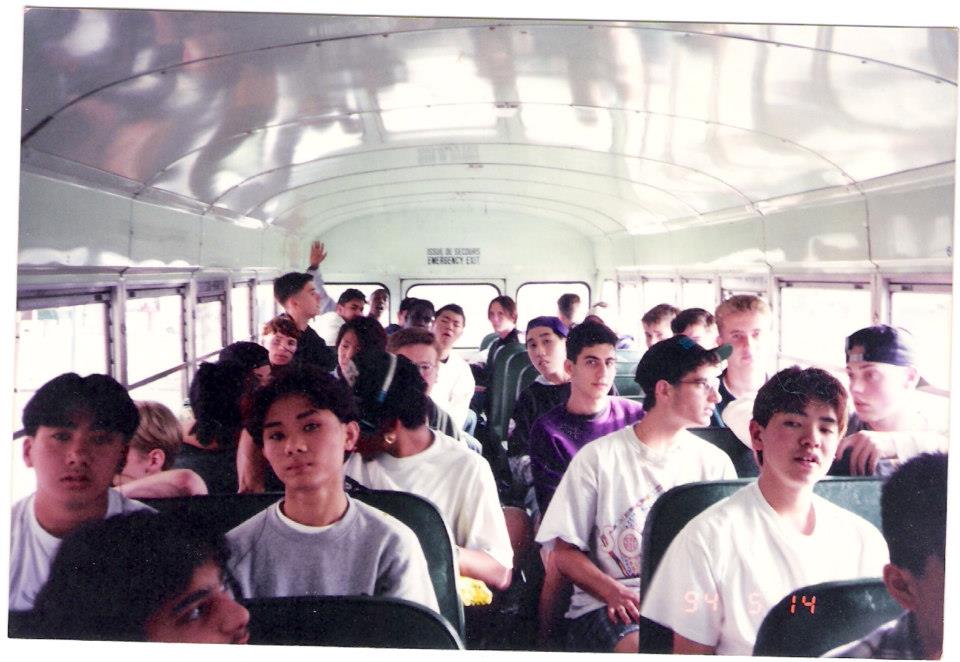
-

-

My beautiful picture -

I really loved Africa. We were only there for 2 years, but we made lots of friends many of which, due to the wonders of the internet, are still friends today. In fact, I spent January 2014 and January 2015 in Abidjan, and met some of the Baha’i friends that were close to the family in 1977-79. It was a close knit community that worked well together. There was a group of young international pioneers, from Italy, Ghana, Canada, Mauritius, Iran, and an active Ivorian Baha’i community that welcomed us into their hearts.
Nabil was born to an Ivorian doctor in Cocody, during the presidential tenure of Felix Houphouët-Boigny, the first president of Cote d’ivore from 1960 until his death in 1993. I worked for the “Conseil de l’Entente” which was founded by Houphouët-Boigny along with the Heads of States of Togo, Benin, Niger, Burkina Fasso, but Cote d’Ivoire was the undisputed leader of the group. The Conseil engaged in socio-economic development projects and I was a project officer looking after agricultural projects. When we were in Cote d’Ivoire, it was touted as a development success and in fact it was.
A keenly remember dreaming about a time when villagers, like the ones I saw in Cote d’Ivoire, would have antennas on their roof linking the village to a world-wide system of information and communications. This was long before the internet. One could say that this dream came true 30 years later.
“…the agricultural sector experienced significant development: between 1960 and 1970, cocoa cultivators tripled their production to 312,000 tonnes and coffee production rose by nearly 50%, from 185,500 to 275,000 tonnes. As a result of this economic prosperity, Côte d’Ivoire saw an influx of immigrants from other West African countries; the foreign workforce—mostly Burkinabés—who maintained indigenous plantations, represented over a quarter of the Ivorian population by 1980. Both Ivorians and foreigners began referring to Houphouët-Boigny as the “Sage of Africa” for performing what became known as “Ivorian miracle”. He was also respectfully nicknamed “The Old One” (Le Vieux).”
In my opinion Nabil led an idyllic life in Ivory Coast, and in fact, such an idyllic life continued into Mississippi, North Carolina and Sri Lanka. But more about this will be written in the country sections. But I will jump to the present (2016).
Nabil, like the other children, was and still is, deeply affected by the divorce. Somehow, in his mind, he: (1) came to believe that I did not love him and wanted to get rid of him, and (2) he felt that he could not speak openly/honestly with me. Actually, to be more specific, he came to believe that I wanted to get rid of him by sending him to live with Baha’i friends in Colombo and sending him to a Baha’i school in Canada. Somehow these events are linked only to me, as if his mother was not a participant. This was not true.
But at the same time, I have a strong feeling that both Carolyn and her family were the source of Nabil’s belief that I did not love him and wanted to get rid of him. What a bizzare thought. I don’t believe he came up with these ideas on his own. And, there is a lot of circumstantial evidence to support what I am writing.
When I learned these things from Nabil, I was literally floored. How could he possibly believe such nonsense? What was the origin of this perversion? I analyzed my behavior and our discussions and interactions. Family decisions were made to send him to Colombo to live with the Bayly’s, close friends and trusted Baha’is. This was considered the optimal solution to the lack of sufficient educational facilities in Kandy. Aileen did not go, because of her GSD and special needs. When he lived with the Bayly’s, we met every weekend. How was this “getting rid of him?” From my perspective, it was the right decision for his development and an opportunity to view from inside the life of another family. It would be a deepening experience. Who filled his head with nonsense, suggesting that we were getting rid of him? Or, how did he come to believe that I sent him away to Maxwell to get rid of him. In fact, I was giving my child opportunities that I never had– I expected him to receive huge dividends from the experience for the rest of his life. I was giving him a head start in life. I believed that I was creating a platform for his future happiness, success, and living a fruitful, successful life. Where in God’s creation did he get such wrong ideas and how could it be that they impact his life to the present? I have my suspicions, and to be honest I don’t want to reveal them, but at the same time, Nabil needs to get to the bottom of this mystery and maybe he is not getting the full story or maybe someone has seeded a false story in his head and it grew over time.
Nabil is over 40 when I write this, and maybe he has opened his eyes a little. He has made it clear to me that his mother is the most important person in his life and he doesn’t know his father. That’s ok. The first part is true, she was always there for him, both before the divorce and after. The second part is his choice, not mine. It is true, that I don’t often share my emotions and feelings. But it is not true that I am difficult to understand and that my love is not open for him to see. Even more, to say he doesn’t know me, is to say that I was not a part of his life, to deny everything that I tried to do, all my love and affection and prayers for his growth and development. The truth is that I was directly involved with his life through his first University degree, and made an effort to always be part of his life.
As for talking to me, in my memory I have no recollections of communication problems with Nabil. However, I will admit, of the 3 children, Nabil’s character is closest to his mother’s character, and she had communication problems with me. She could never speak directly about what she wanted, or deal with the “clash of opinions” that Baha’is believe is so fundament for the investigation of truth. Maybe this weakness was transmitted to Nabil, but let there be no mistake. It is a weakness. This weakness is not a fatal disease, or it doesn’t have to be.
In my professional life, I published a business publication about communication, dialog, and consultation. In this publication, I make the point that a lack of conflict is bad, and excessive (stubborn, unyielding) conflict is bad. No conflict means, briefly, that the person is not being open, transparent, and perhaps not even being truthful. Often people who don’t voice their opinion openly can become “passive aggressive” in their behavior. At least that is the way I have seen it. Just because they don’t express their opinion doesn’t mean that they don’t have a strong opinion. If a person has a strong, unexpressed opinion, would he or she forget about it? No, they will act in conformity with this unexpressed strong opinion regardless of what has transpired openly and verbally.
There is uncertainty in Nabil’s character, a lack of self esteem and confidence. In his youth, when he lived with me, I did not see this. Was it there, and I missed it? He was a kind and sensitive child. He didn’t lack confidence or self-esteem. Something happened and I can only hypothesize. It happened during and after the divorce. Along with Carolyn, I created for Nabil a home filled with love for him, and full of activities and prayers expressly designed for his emotional and intellectual well-being. There was no sign of developmental or emotional issues during his first 10 years of life— the time when these sorts of things tend to get formed and stick with us for life. There was no sign of this prior to “the great escape”, when Carolyn up and moved to the States with the children, abandoning me in Sri Lanka.
I think I should hypothesize why Nabil believes what I call total nonsense. I have to look into me, and find a reason. But I also have to consider the facts as I understand them, and seek inspiration to sort though the options and suggest a mechanism. I do this not so much for me, even though I am sincerely sorry that Nabil feels the way he does, and it saddens and depresses me. I have mentioned this often to Svitlana. I have told her that I have succeeded in many things, way beyond my expectations, I am happy with my life, and pray that I have done some good in the world, while at the same time looking after my loved ones, helping them, and fulfilling my purpose in life.
I know that Carolyn had misgivings about sending Nabil to the Bayly’s, and Maxwell. Did she plant these misgivings in Nabil’s soul? I think so. But, do I see Carolyn as a calculating spouse, planning secretly a divorce, and doing everything to undermine her husband? No, I don’t. Did she express her objections behind my back, and disassociate herself from “family” decisions? Yes, I think, that is true. Did she say there were no family decisions but only decisions by a dictatorial spouse? No, at least not openly and not to me. Did she pretend to support publicly, yet work to pervert family decisions behind the scenes? I think the answer is yes, but not directly. That is not Carolyn’s way. What is far more likely is that she objected in numerous non-verbal ways, in ways that only a mother can use to influence and impact on the life of her children. I have always said that what a person does not do is often more revealing about their intentions than what they do.
Nabil stayed with the Bayly’s in Colombo. I was very close to this family and we did many good things together. We were all members of the NSA. When Mona Bayly heard that Carolyn and I were separated to be divorced, she was shocked. She told me that everyone who knew us thought that we were an ideal couple and it was incomprehensible that we would not stay together. The Bayly family had intimate knowledge of the Reusche family. Carolyn hid her feelings from everybody, not just her husband.
Right before a picture was taken, where I am standing in front of my home with a group of colleagues, I received a phone call from Carolyn telling me that she would not be returning to Sri Lanka. She left on “vacation” with the children, and called me from her sister’s house saying that she was not returning to Sri Lanka.
Whenever there is a conflict in a marriage, and the spouses don’t agree, and there is not a solution, then we find out a lot about the relationship. The right answer to such a conflict, which is totally usual and common, is to choose unity over separation. Carolyn chose separation when she ran away with the children. I wasn’t thinking separation at all. The circumstances suggest direct participation of her family in the decision, particularly her sister Cathy. And, I am certain she regrets it to this day. The kids describe the ensuing separation as a kind of death.
I played a role in Nabil’s problems. First of all, I disappeared from his life. This was not true in the beginning. I took no decision to divorce. But, as events continued and created their own inertia, I did not want to get back together and repeat the same problems. They were dramatic for both of us. The literally caused me to be clinically depressed, and require medication. Before agreeing to get back together, I had to convince myself that Carolyn and I could work out our communication problems. I was not convinced after a year of separation, and when asked of my intentions, I would not give her a date for getting back together. This scared Carolyn. She was afraid of being alone. This fear was the final straw in our divorce. If I would have taken a chance, and said: “Ok Carolyn, let’s give it a second try,” a lot would be different today. It was a mistake, but it didn’t seem so at the time. I was not pushing to finalize the divorce. On the other hand, from my perspective, Carolyn had already abandoned me. I was physically impacted by this event. And I couldn’t ignore her unhappiness. So, how could I agree to getting back together until we could see clearly that it was possible to be happy together? This was how I thought at the time. Now I say: “I made the wrong decision. I should have said: “Ok, I agree. Pack your bags, I need you in Arnhem.“
Almost everyone will say: “Gary is not an easy person.” Some say this to put me down, and criticize me. Others say it as a compliment. I have seen this all my life, people in different cultures reacting to me from one extreme to another. Svitlana says I naturally create strong emotions in others, either negative or positive. I have a certain energy. Some people can’t function well within my energy field, and I think both Carolyn and Nabil fall into this category. On one hand, they love and respect me. On the other hand, they are overwhelmed by my character. I’m quick witted and intuitive. They are slower, plodding ahead. They will get tied up inside, and unable to express themselves. They don’t like this, so they hide it. I should have adapted to their communication needs better, and not been so direct. I was able to do this with many colleagues that I managed in my career, why couldn’t I do it with my closest family members?
Finally, let’s turn to Carolyn’s family. My family didn’t play a role so I’ll leave it out. But her family were front row players. And, they made no attempt to play unifier– just the opposite. They encouraged Carolyn to divorce. They were against me, and they used their influence to push Carolyn to the divorce. Even more, they were against me from the beginning of our relationship, and they believed that the only reason Carolyn was Bahá’í is because I insisted upon it. Cathy was always the dominant sibling in the Hayes family, and she had a lot of influence with Carolyn. More about this is written in the section about Carolyn. I am sure that Kathy to this day is proud of how she cut me out of the family.
My son told me that he needs to validate his feelings. I suppose he means about me. Immediately, I am alerted. I knew he was in therapy. I’m hearing psycho-babble. I don’t know what this means and what role I play in this validation, especially since we are estranged. Then he says that I minimize his feelings and perspective, and this is tantamount to manipulation. He doesn’t understand how I can be proud of him, and disappointed in him at the same time.
I have never needed validation of my feelings. It is not possible for anyone to minimize my feelings. If someone doesn’t understand my perspective, it is not manipulation— it is an opportunity to share my perspective. I am very skeptical of psychologists or counsellors. My experience is that the science of psychology is fundamentally flawed in that it does not consider or even hypothesize the existence of a human soul that is separate from the physical self. The soul has its own powers. I see these powers within me, in the Words I read, in the experiences of my life. The soul exists independently of the body and its existence is as obvious as the sun to me. So, how do I react to these accusations? How do I encourage him when one of my closest friends was a psychologist (Beverly), and I often heard her talk against the practice of psychology. It is not that I am saying it is totally useless, but I am saying that if detached from information passed to us by the Manifestations, then it is flawed. Science and religion must not be separated or the solutions will be incomplete or even missed.
I am proud that Nabil found a solid profession, married Anne, created rural home with her, fathered 2 children, and is working together to raise them correctly and succeed in his marriage. And, I am concerned (not disappointed) that he uses his life fully and understands that he will die and that will bring a close to the opportunities in this physical life. I don’t want him to regret his decisions or his actions. I want him to be proud of his life and accomplishments, both physical and spiritual. I want him to be self-sufficient, and to require no validation of his feelings from any other human being. What he is writing to me suggests that this is not the case, and it’s a shame that I cannot find the way to help him, and he doesn’t seek my help.
Concerning my life, Nabil was too young when the divorce took place, and he experienced a kind of trauma when I disappeared from his life. I used to think this was only Lua, but now I think it was Nabil too. But Nabil’s interest in my life stopped at the time of the trauma. He has shown no interest in my life after around 2000. I’m just some virtual dad that is irrelevant to his day to day life. Since I am away, I don’t exist. He doesn’t initiate conversations, and when he talks to me he is anxious and carefully picks his words. I feel like he is saying what he thinks I want to hear.
Nabil wrote to me and said: “From a relatively early age I became independent, or at least semi-independent, and my support system has always included more than just my biological family.” I observed that after the divorce all of my children, but expecially Nabil and Lua, linked up with new families. In Nabil’s case it was Anna and her family. I only heard about this second hand, but I was very happy about this emotional connection. I am grateful to Anna’s family, and glad that after drifting in and out of a relationship they ended up with each other. May they achieve success and happiness. My prayers have always been with them.
Nabil also wrote: “Different people in my life have served as father figures, some of whom you are aware of like Ian Bailey or maybe my dorm parents at Maxwell. Other father figures include teachers and most recently Barry, Anna’s father.” These are all wonderful examples of what I hoped that Nabil would experience in his life.
Nabil wrote: “About 10 years ago I was teaching myself how to play guitar and I began crying when was practicing ‘cat in the cradle’; a song from your era that you might remember. As you may remember it has to do with life repeating itself and I do see some parallels between your life and your father’s life.” I don’t understand this. Is this in reference to the absence of my father from my life? Or it is a reference to the fact that I always made an effort to be with my dad, and he hasn’t tried?
Finally, Nabil wrote: “Even though I’m not involved with the Baha’i faith I still haven’t forgotten the principles of how I should live my life and even though you don’t know the specifics very well I think you would be happy with many of the choices that I’ve made. I haven’t finished making choices either and I am working on my imperfections; of which there are many. I feel as though I am a spiritual person and learned many lessons from my upbringing of which you were instrumental.” I agree, I can see from the other side of the world that he is making good decisions.
In my mind family relationships are not confined to this life. I guess that makes me part Mormon. The are subject to a wider law than simply human genetics, training, and experiences— both good and bad. Families exist in this world, and in the worlds to come. The human soul or the rational soul is the central player in this drama.
Prior to Bahá’u’lláh, none of the other religions talked much about the soul. If all the holy books of all the religions are studied, almost nothing was said about the soul. Bahá’u’lláh and ‘Abdu’l-Baha devoted a lot of attention on the life on the soul and wrote extensively on the subject. The soul is what exists after we die. The soul is not material, it is an emanation. It is associated with the body, like the appearance of light in a mirror. The light does not originate in the mirror but it can be observed its properties studied.
Baha’is believe that life is both material and non-material (or metaphysical). These two states are both part of one single reality, and there is a close connection between the two. There are not 2 separate worlds. There is no such thing as a spiritual world separate from the physical world. And all the laws that operate in the physical world, also operate or run through the spiritual world. For example, when we study the heavens, astrology, we assume the same laws are operative. The laws and the principles that found in nature are the same laws and principles that apply to the world of man, the same laws and principles that apply to religion, and the same laws and principles that apply in the spiritual worlds of God. Modern physics fully supports this structure of the world we live in.
Since we know something about the laws of nature we may be able to use this knowledge to appreciate something of the spiritual laws because the similarity is strong. The only difference is that a law in nature is relative to this level, and when the same law is applied to a higher level it operates according to the characteristics of the higher level– characteristics that are not found in the lower kingdom. Another example to describe this would be: “Virtues in the physical world are beyond time and space.” Love transcends death. Families also, but it seems we are not forced to stay together, both in this world and the worlds to come.
Regarding the soul, Baha’i believe we can use nature to understand the spiritual energies and laws operating and impacting on our physical lives. We can combine the study of nature and the study of the writings of Bahá’u’lláh and ‘Abdu’l-Baha and understand something of the soul.
There is an Islamic hadith: “Whoever knows himself knows his Lord.” Bahá’u’lláh was asked by one of his followers to explain this verse. Bahá’u’lláh revealed a Tablet in reply which is partially translated (Gleanings, #83). Historically this hadith is not a new thought. It has been repeated through the ages. Socrates argued that in order to be wise, one must know oneself. John Calvin underscored the absolute necessity of accurate self-knowledge to knowing God. One could not truly know God without knowing oneself and that one couldn’t truly know oneself without knowing God: “which one precedes and brings forth the other is not easy to discern”.
Bahá’u’lláh says that everything we do as a human being is motivated by our soul. And our mind is a manifestation of the soul, it appears in the body as intellect. I often ask people who believe in life after death: “Our bodies disintegrate. What of our personality stays with us at death?” Seems like a simple question that everyone would be interested to understand. But I find that almost nobody has any deep thoughts about the subject. I am firmly convinced that faculties of the mind such as thought, reasoning, understanding and imagination are “inherent properties of the soul, even as the radiation of light is the essential property of the sun.” Science has no explanation of the fundamental differences between humans and animals. It only wants to focus on the similarities. If we can’t admit even the possibilities that these capacities are distinct and present in man, we can’t see how a non-material reality impacts upon our lives, and lives on beyond our death. What exactly lives on? Our soul with its qualities. And, Bahá’u’lláh teaches, our individuality. Or individuality remains after death. We live with our choices in future worlds. This is the reason why this discussion appears in the section about Nabil.
Communications are not always easy, especially long distance and with little direct contact. Misunderstandings, such as one that Nabil finds confusing, is an example. How can I be proud of him, he says, and have “disappointments” about his life. This word disappointment must be his interpretation of something I said, because I am sure I never directly said it. With the divorce and the physical and time separation, our memories are impacted, both mine and the children. Many of these “memories” are not direct memories but interpretations of conversations at some point in our lives. I once had a short discussion with Lua prior to her first wedding. I was very uncertain about Daniel, but I feel confident that I did not say anything bad about him at that time. But my non-verbal behaviour was probably obvious and she was offended. Stories that get retold and passed from one to another never retain the initial thought accurately. It is a classic exercise in communication studies.
My personal credo: “Never believe any third party information as literally 100% true.” A second addendum to this credo: “All statements out of context can entirely miss the intended meaning.” The way my mind works is by intuition first, logic second. I collect thoughts, facts, memories in a corner of my mind, and step back and “look” at the picture. My understanding is based on the picture, not on the individual pixels. And, like chaos theory, the relationships between seemingly unrelated pixels are revealed when looking at the picture, and not the individual facts. “Recognizing the chaotic, fractal nature of our world can give us new insight, power, and wisdom……By understanding that our ecosystems, our social systems, and our economic systems are interconnected, we can hope to avoid actions which may end up being detrimental to our long-term well-being.” To this quotation I add: the relationship between the physical and non-material worlds.
Why do I spend so much time on this issue in the section on Nabil? Because I know that family ties are beyond time and space. And they impact our lives in this world and the next. I think Nabil’s emotional problems and loneliness are due to a void in his family network. Much the same can be seen with Lua but she is a stronger personality than Nabil. If we close our minds and hearts to the impacts of family ties, they are still playing a role in the background. They impact at a sub-conscious level, they affect the way we make decisions, and subtly impact on the totality of our lives. And, they impact our happiness. Nabil cannot make the arguement that I don’t love him or I haven’t tried to remain in his life.
The following is from a talk by John Hatcher, my favorite Baha’i author: “The heart which gives love, is also a manifestation of the soul. Our senses. Our hearing, sight. The sum total of all these manifestations will not make the soul. If you live long, you never understand the essence or reality of the soul. When a human being realizes their absolute incompetence, that we will never know the essence of the soul, and we also realize that we cannot understand the essence and relation of the Creator of the soul.. In the writings it is stated that everything that we encounter in this life is a counterpart of something spiritual. Things in this life do no come about haphazardly. The tree is a counterpart of something spiritual. For everything you see in this life there is a counterpart. In the Writings, we are told that the sun is a counterpart of the founders of world Religions. The same quality that the sun has, the same function of the sun, the sun pours its energies upon this life, and it gives life to it, and so do the manifestations of God. The sun and the Manifestions are counterparts, in different realms.
If we want to understand the soul we can find a counterpart in this life, something physical, something similar, and we can study this counterpart and learn about the soul. Need to use the Writings in this quest. The Writings suggest that the embryo and its development is a counterpart for the understanding of the soul. It’s stages and purposes are similar, and ‘Abdu’l-Baha has given several examples. The physical body of man is created at conception. It starts as one cell. It has no physical characteristics. The cell has the capacity to multiply and become a perfect human being. It is the same thing with the soul. The soul also comes into being at the time of conception. It has no virtues, qualities, perfections– but it can acquire them in this life. It has no knowledge, but it can acquire them. There is a similarity. Another similarity is that the embryo grows gradually. The soul is the same way. It takes a long time to acquire qualities and perfections. So this gives us an idea of our soul. Another thing. The embryo grows in the womb of the mother. The soul has an association with this physical world.

